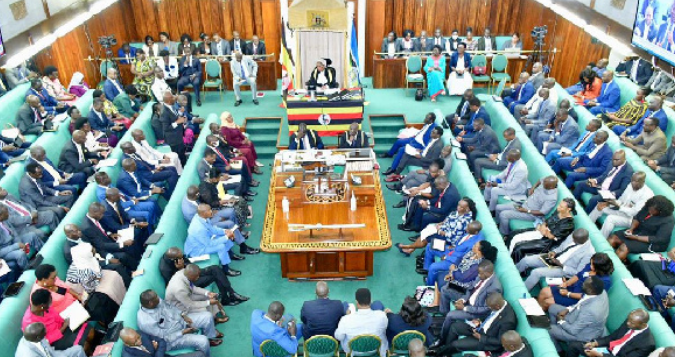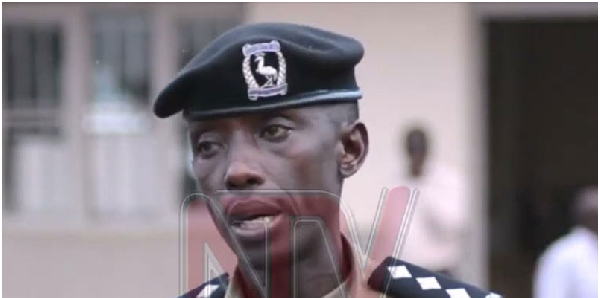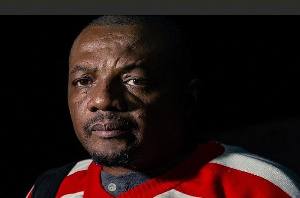Uganda’s divided House as opposition threatens paralysis

The Leader of Opposition in Parliament Mathias Mpuuga announced on Wednesday that his troops will continue to stay away from weekly plenary sessions because the government is yet to commit to addressing six pressing issues that they think are being swept under the carpet.
The opposition demands include seeking answers to the whereabouts of 18 supporters of the opposition National Unity Platform party (NUP) members who have been missing for over two years, a stop to the targeting and victimisation of Muslims, a stop to the detention without trial of political dissenters, an end to human rights violations against fishing communities, the shrinking civil space, mistreatment of politicians and the media, and the trial of civilians in military courts.
When they first raised the issues and announced a boycott, deputy Speaker Thomas Tayebwa then adjourned the House for two weeks to mediate between the opposition and the government, but all this came to nothing.
On Wednesday this week, at the end of the two-week adjournment, the opposition caucus met to agree on a common ground ahead of the resumption of plenary and the decision to continue with the boycott because of the government failure to address the issues.
“Our Caucus, therefore, resolved to stay away until such a time when the state is ready to account for the missing 18 people and to make an undertaking to bring to an end all forms of rights violations. Opposition will stay away from the proceedings until the government officially communicates to us, detailing how the issues we raised will be addressed, and giving a time frame within which, they will be resolved,” Mpuuga said on Wednesday.
The announcement incensed Speaker Anitah Among, who had cut short her maternity leave to return and restore order in the House.
Ms Among on Wednesday threatened to invoke provisions of the law which could potentially have the protesting opposition MPs thrown out of Parliament if they remain absent for 15 days.
According to the House rules of procedure, a member who is absent from plenary for 15 days without a reason communicated is supposed to be suspended.
The opposition say the Speaker is either using impunity or has failed to interpret the rules because a boycott communicated is reason enough to stay out of Parliament. They have threatened court action should the Speaker go ahead and implement suspensions.
Opposition chief whip in Parliament John Baptist Nambeshe retaliated, saying that the boycott was a constitutional right announced in broad daylight and that it was on record.
He added that it would be only intimidatory for the speaker to make such remarks since already, there has been a formal exchange of correspondences from LOP to the presiding officers of the house.
“We shall not relent until these issues are responded to and we expect nothing from the government short of a statement comprehensive enough to address the issues that we have raised,” Nambeshe said.
The current Parliament has 557 seats with more than half subscribing to the ruling party. A sizable number of independents are also NRM-leaning. Some ruling party MPs believe that the boycott by their opposition colleagues cannot deter house business since it does not affect the rules of procedure.
In so doing, the government can choose to ignore the opposition demands and push Parliament to continue with business without the opposition as an option.
However, this will be a dent on the impartiality of debates, policies and laws passed without the opposition according to Parliament’s spokesperson Chris Obore.
“In terms of numbers, the boycott does not affect the sittings because the current house rules of procedure do not tag quorum on a particular political party. But in democratic dispensations, there is a need to have all shades of views in the House,” Obore said.
This, he said, is why the House leadership is pushing the opposition to return to plenary by engaging both sides. He adds that it is “simply a political matter.”
According to former leader of the official opposition Prof Ogenga Latigo, the opposition’s decision to boycott rather than dialogue could have stemmed from constant marginalisation by the parliamentary leadership on several issues.
One opposition member on the parliamentary commission was thrown out and later denied resuming his position even after he successfully challenged his sacking in court.
“I can see their (opposition) frustration. The speaker is supposed to be the most impartial person in that house no matter which political party and if you treat one side as outsiders, there will always be an impasse,” Prof Latigo says, noting that the government and House leaders should initiate dialogue. which will see the impasse end.
Source: theeastafrican.co.ke





